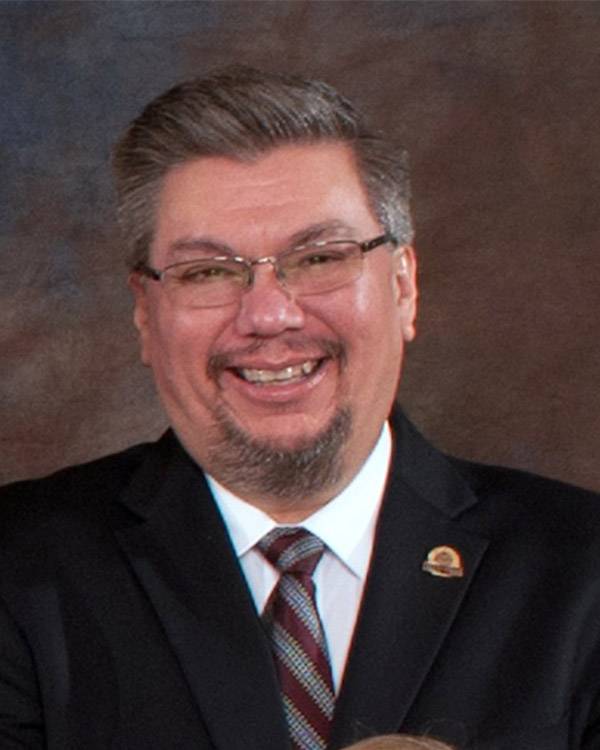How best to deal with a holiday get together when your candidate didn’t/did win
Julie Cooper | November 23, 2020
No one wants an uncomfortable political discussion during the holidays this year.
We asked faculty from various departments this question: What words of wisdom can you offer when your candidate won/lost, and you are faced with a holiday dinner table conversation with those who voted for the other candidates?

Robert McKelvain, Ph.D., is a senior lecturer, Department of Psychology. He also holds a master’s degree in political science.
“When people bring up subjects like that, they want your attention, and they want you to react. It is always possible that they want to provoke you. What their reasons are really don’t matter. Sometimes people want to be heard, maybe most of the time – they want their ideas to be heard.
“The key to listening is to avoid thinking about what you are going to say next. The thing that most hinders us is we feel compelled to be thinking about what to say when they quit talking,” McKelvain said.
He offers a three-step approach, but the core response is listening:
Step 1: Listen, listen and listen more
Step 2: Ask yourself, “What is important to me about this?”
Ask this genuinely as it can change the tone of the discussion. Ask the other person, “What do you propose?” This can change what they have to think about.
Step 3: After listening, find a point of agreement and affirm it.
Repeat, as necessary.

Amitai Abramovitch, Ph.D., assistant professor and licensed clinical psychologist, Department of Psychology.
“My advice is, if you expect that people supporting different presidential candidates/parties will attend your family’s holiday gathering, email all now, and agree to avoid any political discussions. Make sure everyone is on board.
“In that email you all need to agree that if someone errs and raises a political issue, that you will remind everyone that politics is off the table (pun intended) and all agree not to respond to such provocations,” Abramovitch said.

Mark Paz II, Lecturer, Department of Communication Studies. His specialty is interpersonal communication.
“The most important thing to remember is that whether your party won or lost, we are in this together. This should be the starting point of the discussion you have with everyone, no matter their political affiliation. Really, this should serve as the basis to any tense conversation.
“As long as we take care of ourselves and the people around us, and if everyone else takes care of themselves and the people around them, then that means that everyone is taken care of, doesn't it? I know it sounds oversimplified, but what a great place to start! We are in this together, remember,” Paz said.

William T. Chittenden, Ph.D., is the 2020-2021 Presidential Fellow, and the associate dean for graduate programs, McCoy College of Business Administration.
“My personal advice would be to not bring the topic up (no politics or religion!) If someone else brings it up, be ‘positive.’ We can all be hopeful that 2021 is better than 2020 and that COVID-19 is behind us.
“From a business perspective, depending on which party wins the presidency, you can say, ‘Historically, the stock market has done better with a Democrat in the White House’ or, ‘Historically, the bond market has done better with a Republican in the White House.’ Either way, you have something positive to say.”
Share this article
For more information, contact University Communications:Jayme Blaschke, 512-245-2555 Sandy Pantlik, 512-245-2922 |